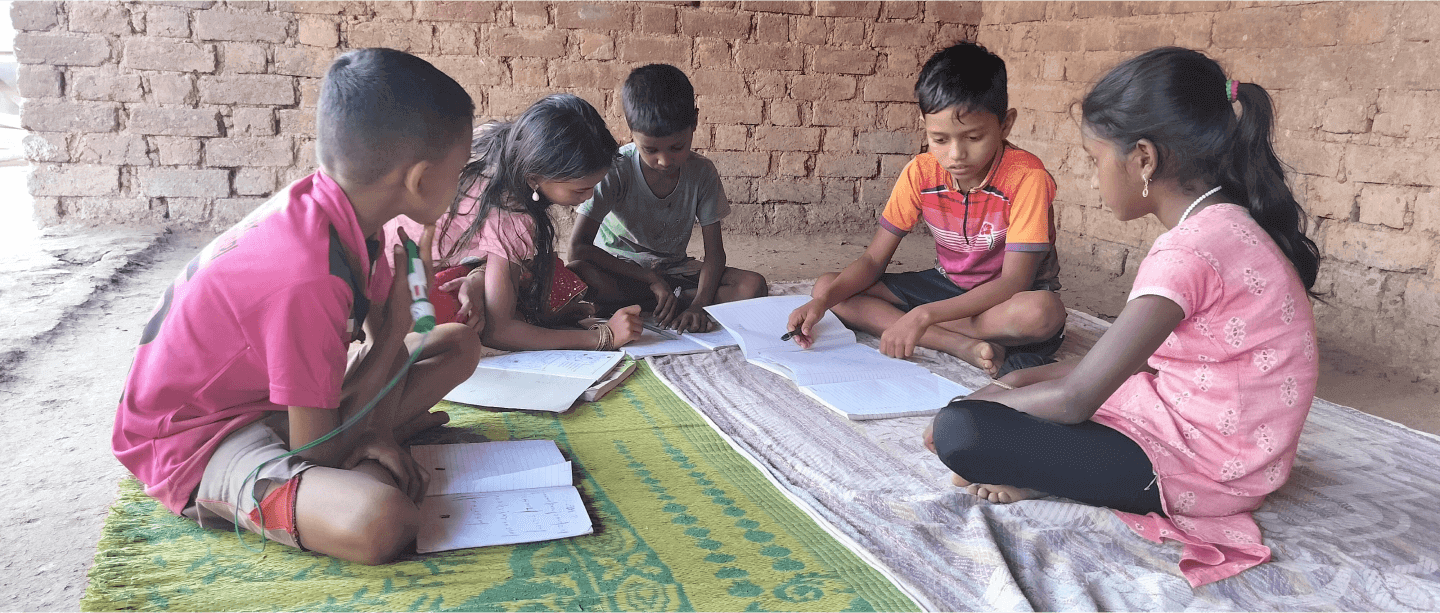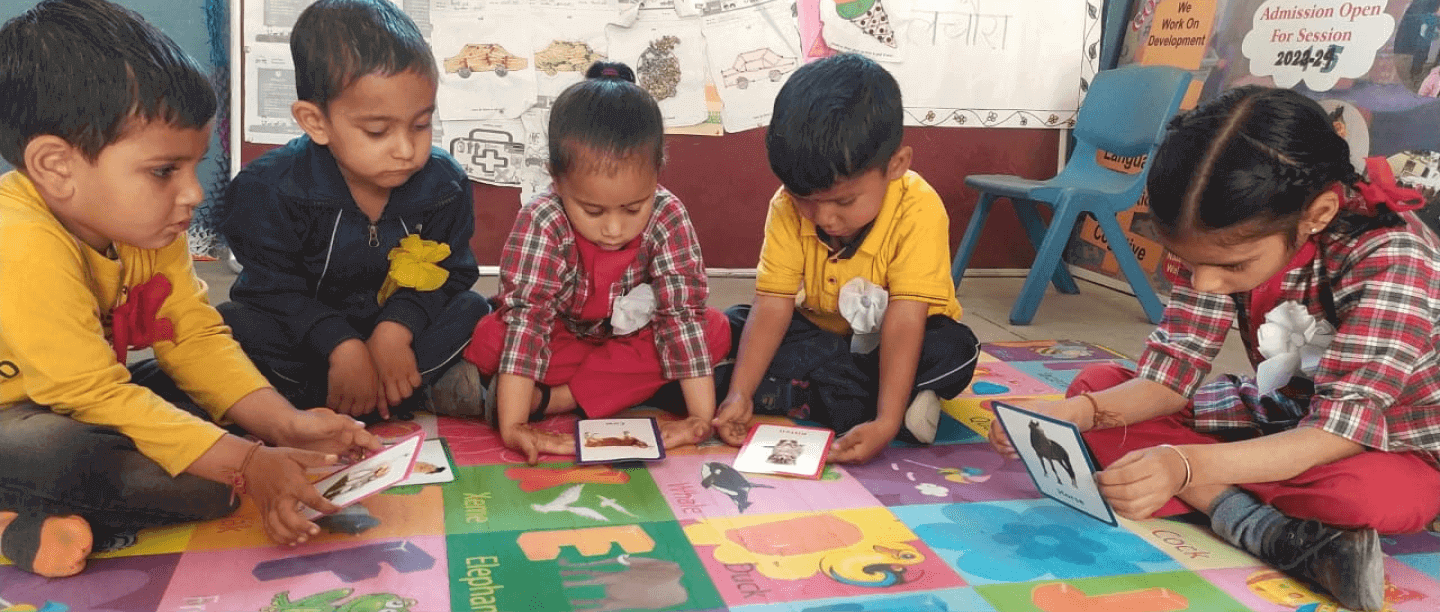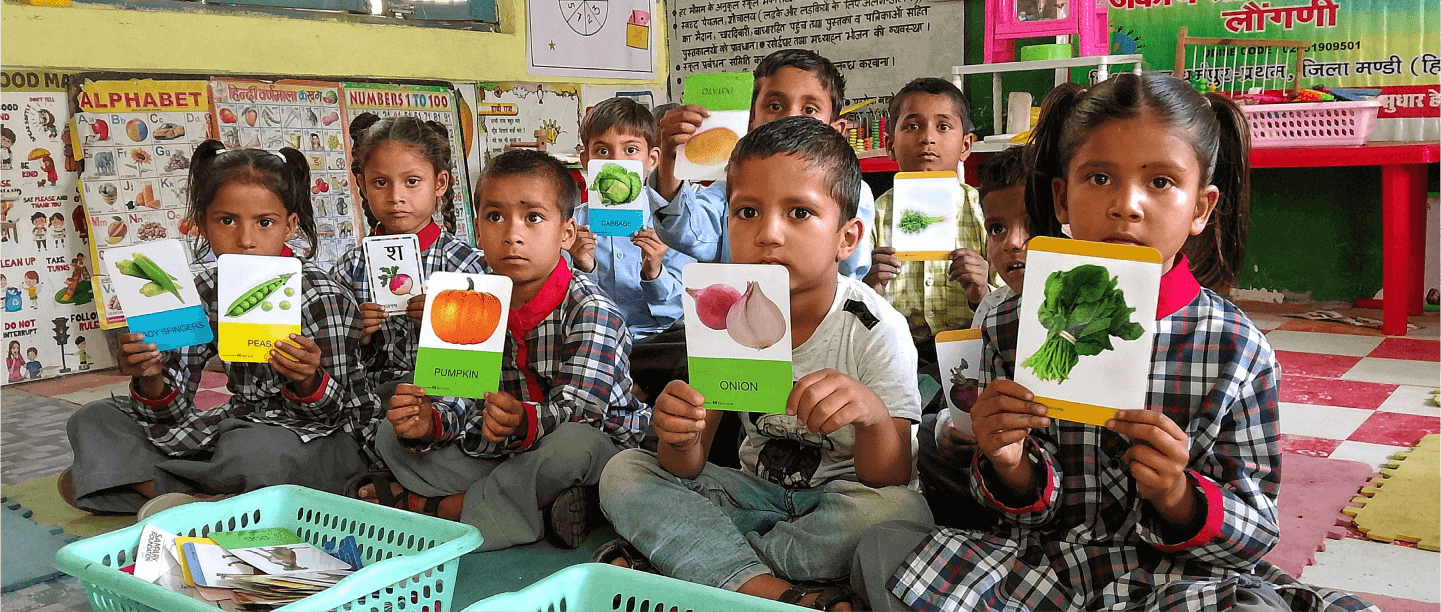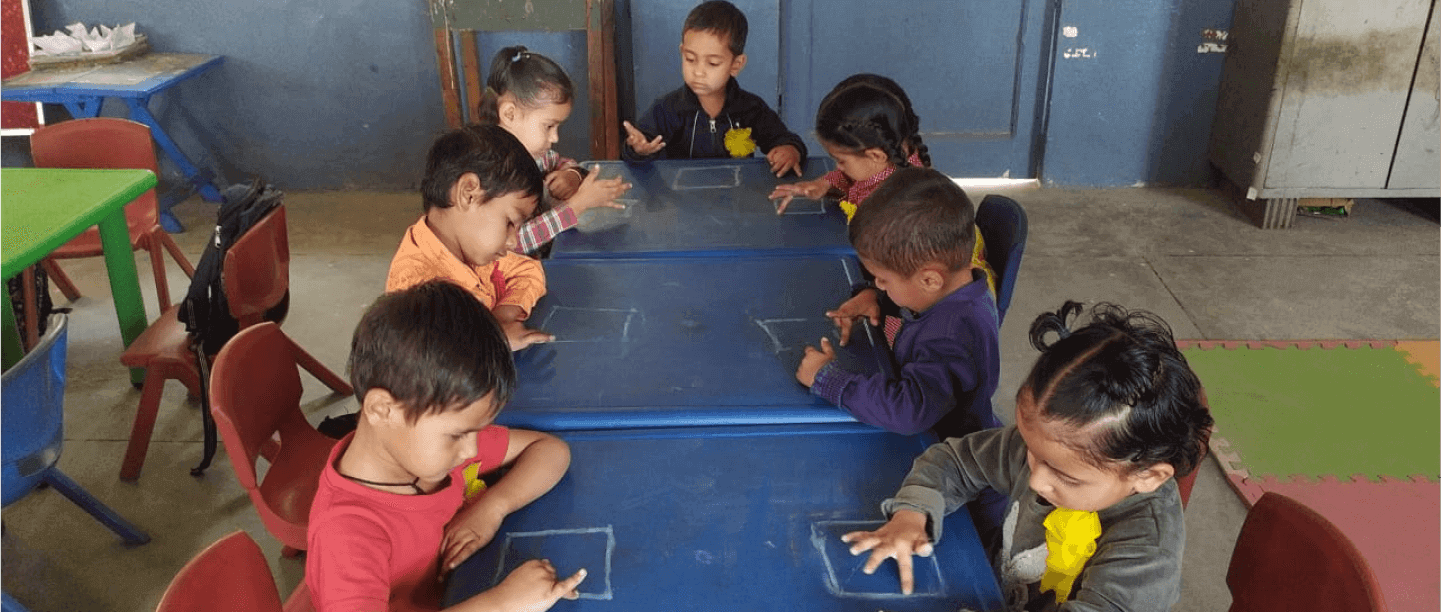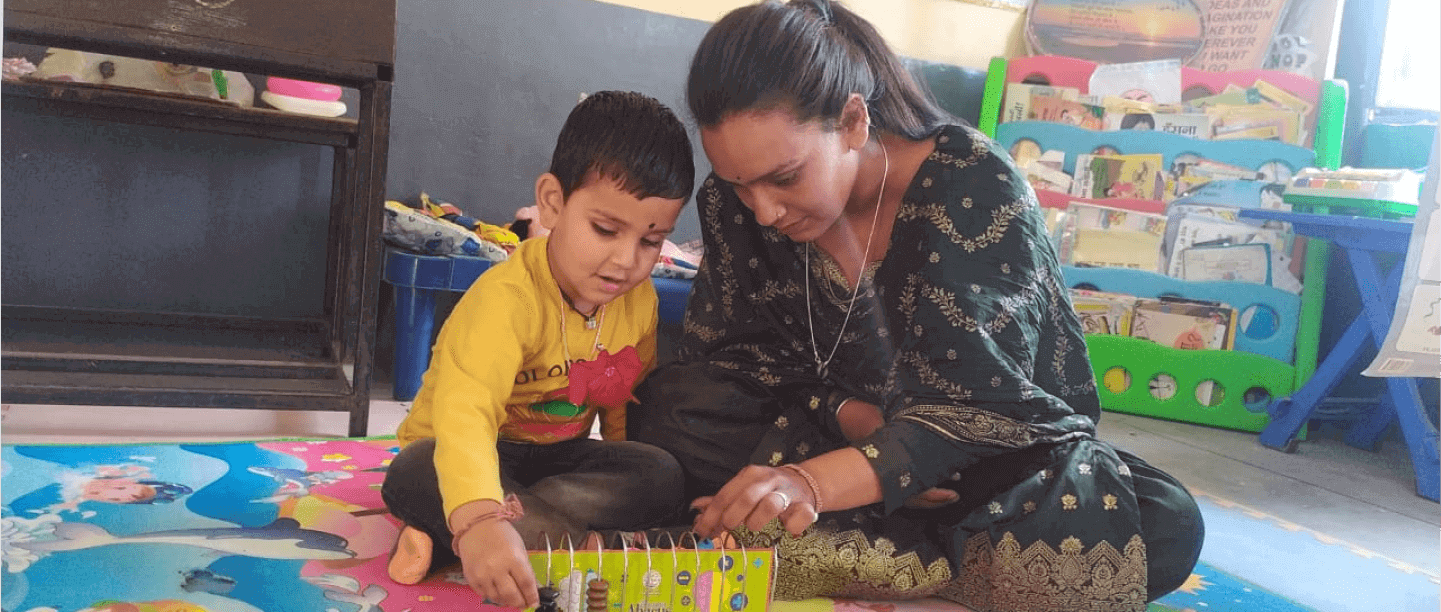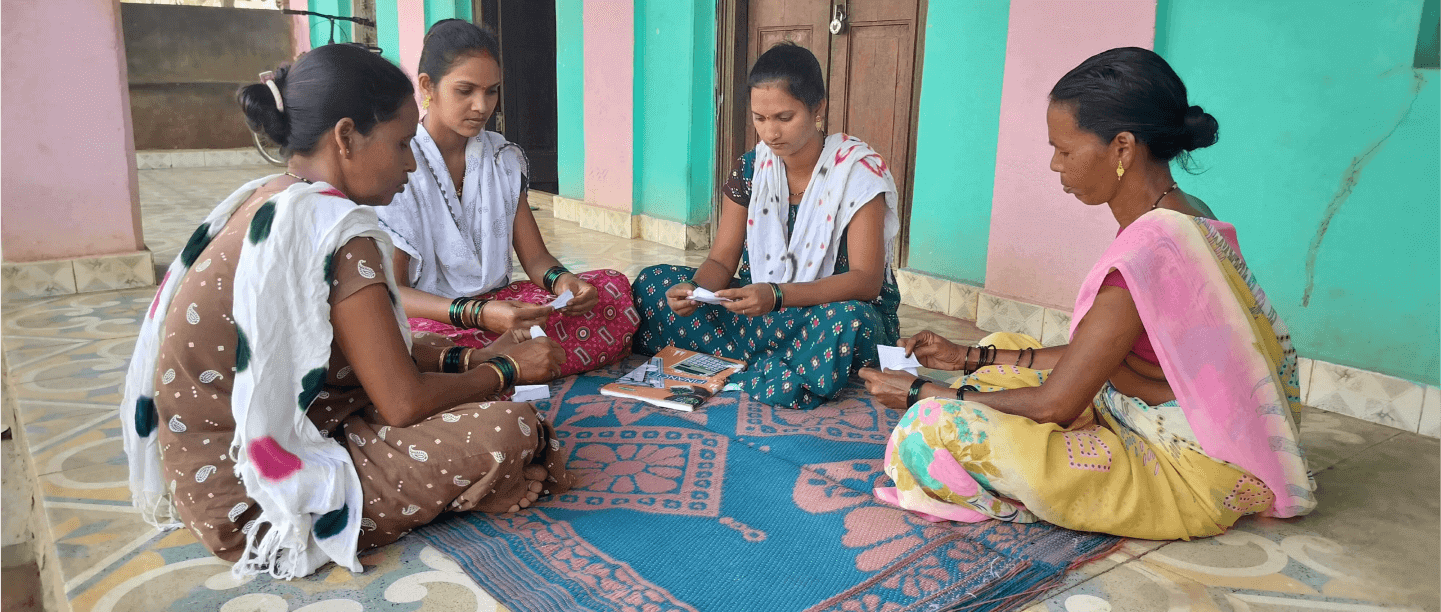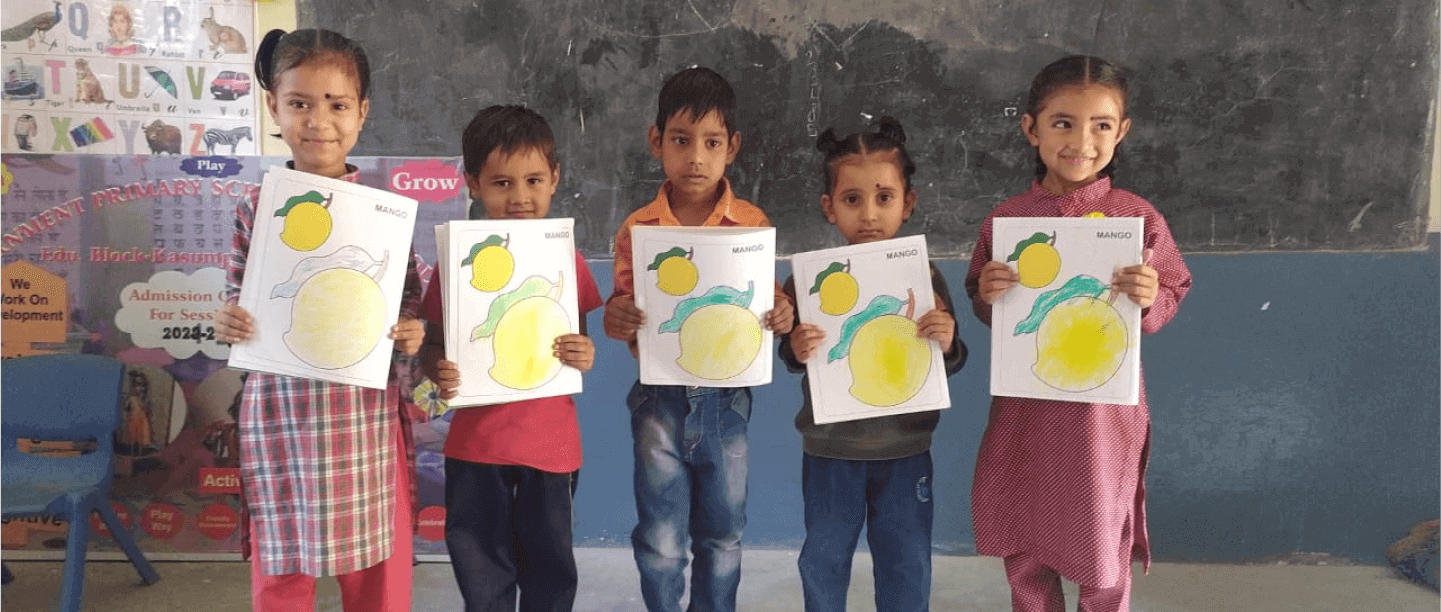
‘Learning’ is a process of acquiring new knowledge, skills, behaviors, or values. From childhood to adulthood, learning never stops. However, the approach to learning varies depending on the individual, the level of education, and the curriculum. One of the most debated topics in education is conceptual learning versus rote learning, and which approach is better for students.
Before delving into the debate of which learning approach is best suited for the children’s betterment, and which approach tends to bridge the learning gap, let’s understand two of the most widely used learning approaches in school.
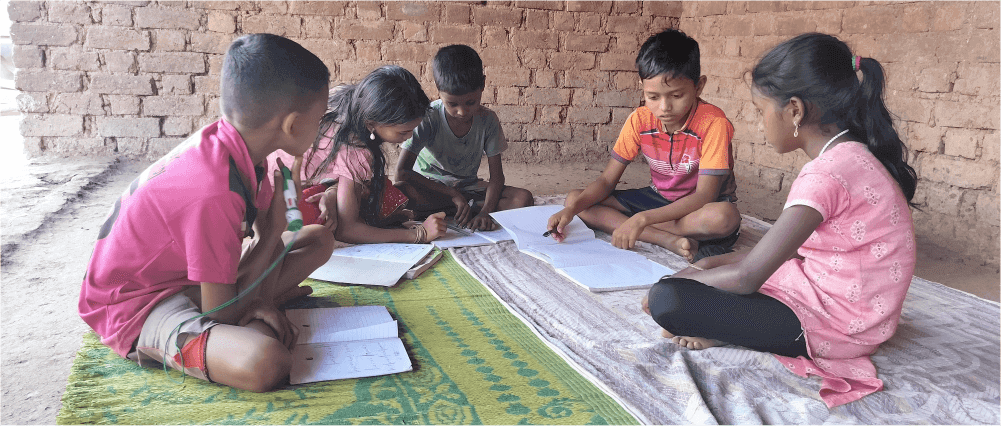
Rote learning is an approach that emphasizes the memorization of information without necessarily understanding the underlying concepts. It is more focused on repetition and practice, with the goal of memorizing information quickly and accurately. The emphasis is on memorizing the "what" of the subject matter, rather than the "why". Here, a child has a basic understanding that '2 + 2 = 4', but lacks knowledge about the underlying principles of “why” adding 2 and 2 results in 4.
Conceptual learning is an approach that focuses on understanding the underlying concepts and principles of a subject. It emphasizes critical thinking rather than memorization of facts. This approach encourages students to think deeply about the subject matter, analyze the information, and make connections between different or similar concepts. Conceptual learning helps a child understand the "why" behind the subject matter, rather than just the "what". In this instance, a child equipped with knowledge of the fundamental principle of addition can add any given number.
Rote learning is a systematic process that can be done without much thought as the approach relies on repetition. Whereas, conceptual learning is a thoughtful process that requires a child to take a deep dive into the topics and ideas in order to understand the whereabouts of the concepts of the subject.
Rote learning acts like an everyday habit in a child’s learning stage, while conceptual learning is a process that helps achieve long-term success in academics.
Rote learning and conceptual learning also differ by application. Rote learning is typically utilized in the foundational stages of coursework, where students are introduced to the basic fundamentals of a subject. For example, in mathematics, this approach is applied to memorize basic equations, formulas, and other related concepts.
Conceptual learning, on the other hand, can be applied to more complex and thoughtful tasks. This approach strengthens the basic understanding of any topic and allows a child to engage more with new information discovered themselves.
Although rote learning has some drawbacks, such as its lack of sustainability for achieving long-term goals, rote learning serves the advantage of speeding up the learning process for future opportunities. Conceptual learning tackles the disadvantages of rote learning by offering a holistic learning process.
However, it is important to note that conceptual learning may not be effective if a child lacks a solid understanding of fundamental concepts that are better acquired through rote learning.
For instance, if a child is well versed in basic mathematical concepts like addition and subtraction in math through rote learning, only then conceptual learning can help a child apply that knowledge to solve any problem at any given point in time.
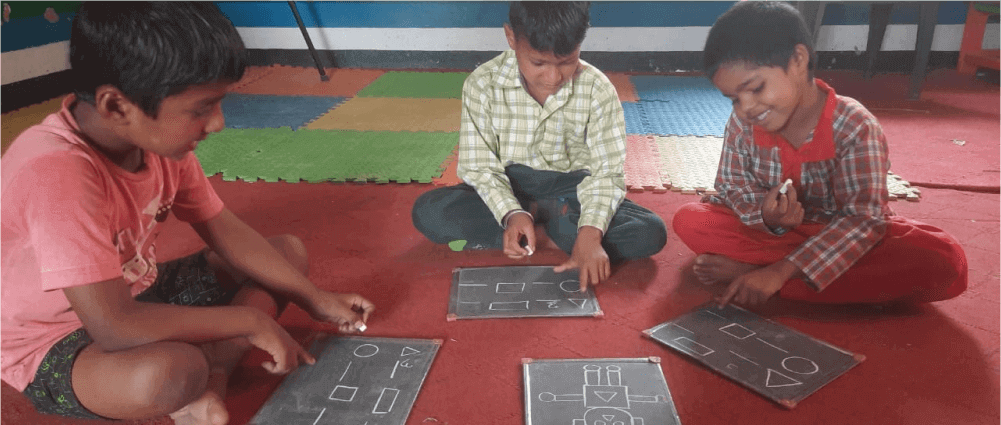
In conclusion, the focus should not be on which learning approach is better, but rather on how to strike a balance between the two learning approaches for the holistic development of a child. Both rote learning and conceptual learning have their advantages and are essential in order to curb the learning gap. The two approaches play an integral role in establishing a strong academic foundation for a child.
P&G Shiksha, since its foundation in 2005, has discovered to leverage both the learning approaches and focused on providing a holistic education system for underprivileged children through a 360-degree intervention. P&G Shiksha and its partners are continually working to improve education for children at every level, from basic to advanced.
Know more about P&G Shiksha here
